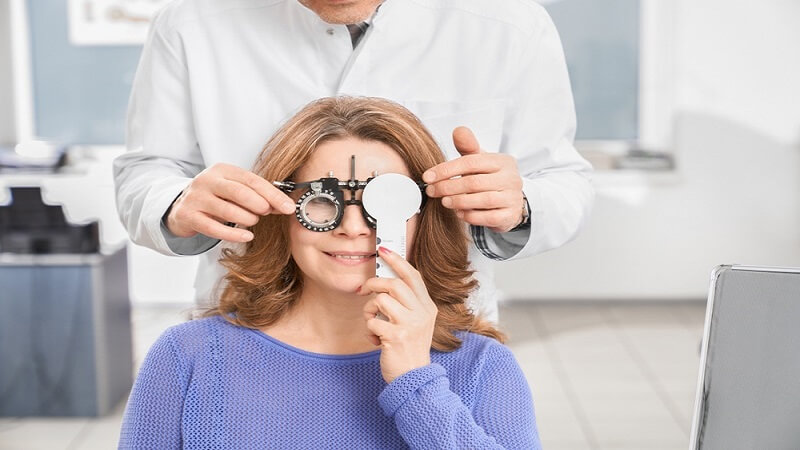
Eye health is an essential aspect of overall well-being, often overlooked until issues arise. Good vision contributes significantly to our quality of life, influencing everything from our ability to perform daily tasks to our perception of the world around us. Regular eye check-ups are crucial to detect potential problems early, prevent vision loss, and ensure optimal eye health. Untreated eye conditions can lead to severe complications, including blindness, emphasizing the need to prioritize eye health and consult eye specialists regularly. Decoding the World of Eye Specialists: What You Need to Know.
In this article, we’ll explore the different types of eye specialists, their roles and responsibilities. We will also discuss how to make the most of your visit to an ophthalmologist or optometrist.
Types of Eye Specialists
There are three main categories of eye specialists: Ophthalmologists, Optometrists, and Orthoptists.
Ophthalmologists
Ophthalmologists are medical doctors who specialize in diagnosing and treating eye diseases, as well as performing eye surgery. They typically receive additional training for the diagnosis of vision problems and for prescribing corrective lenses. Ophthalmologists are skilled at detecting and managing a wide range of conditions, from common eye infections to glaucoma and age-related macular degeneration. It’s always best to consult an ophthalmologist if you have any concerns about your vision or eye health, as they possess the most comprehensive knowledge and experience in dealing with all types of eye issues.
Optometrists
Optometrists are healthcare professionals who provide primary care for eyesight and diagnose common vision problems. They also fit contact lenses and prescribe eyeglasses. While they cannot perform surgery, optometrists can identify serious eye conditions like cataracts and refer patients to ophthalmologists for further treatment. If you’re looking for a cataract specialist in Jacksonville, FL, your best bet is to make an appointment with a qualified optometrist who will be able to explain the available options and refer you to the right specialist.
Orthoptists
These are healthcare professionals who specialize in diagnosing and managing disorders of eye movement and coordination, as well as conditions that cause visual impairment. Orthoptists use advanced scanning and imaging devices to diagnose issues such as lazy eye or double vision. They also design specialized treatments for these conditions, such as vision therapy or prism lenses. Also, read about combatting myopia.
Making the Most of Your Visit
When visiting an eye specialist for a checkup or consultation, it’s important to be prepared. Bring along a list of your current medications and any recent medical records that might be relevant to your case. During the appointment, make sure you ask questions and discuss all possible treatment options with the doctor. Your eye specialist should be able to provide detailed explanations, so don’t hesitate to ask for clarification if anything is unclear.
It’s also important to follow your eye specialist’s instructions and advice closely. Make sure you schedule regular checkups and visits according to their recommendations. As well as attend any follow-up appointments they suggest. This will ensure that the specialist can monitor your condition and provide the best care possible.
Finally, don’t forget to take note of any additional information or instructions given by your eye doctor. On how to maintain good vision and healthy eyes. Simple steps such as wearing sunglasses in bright sunlight, eating a balanced diet, avoiding smoking, and controlling diabetes can go a long way in preserving your vision.
By understanding the different types of eye specialists, you can make more informed decisions about your eye health. With regular checkups and proper care, you can ensure your eyes stay healthy and well-functioning for many years to come.
So, now that you have a better understanding of the types of eye specialists. And how to make the most out of your visits, what are you waiting for? Head to your nearest ophthalmologist or optometrist today and keep those eyes in top shape!